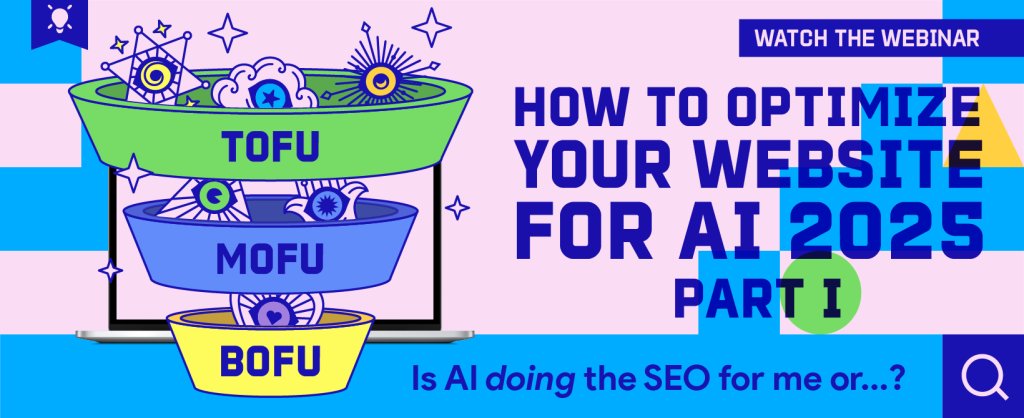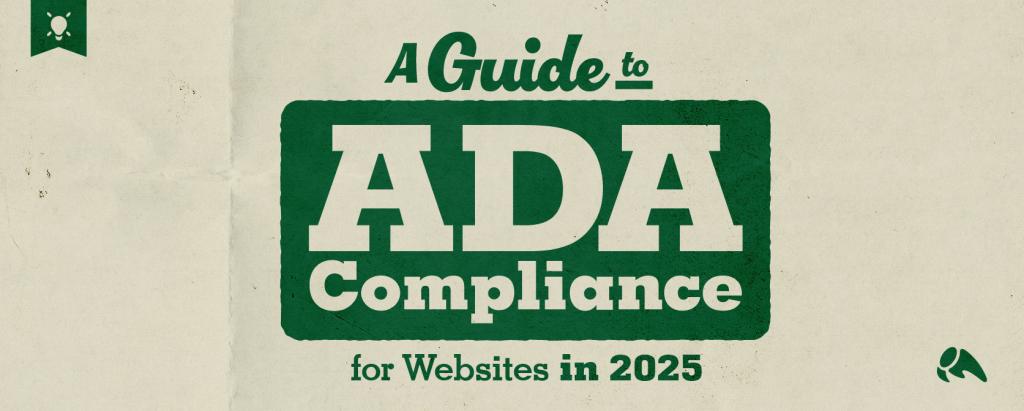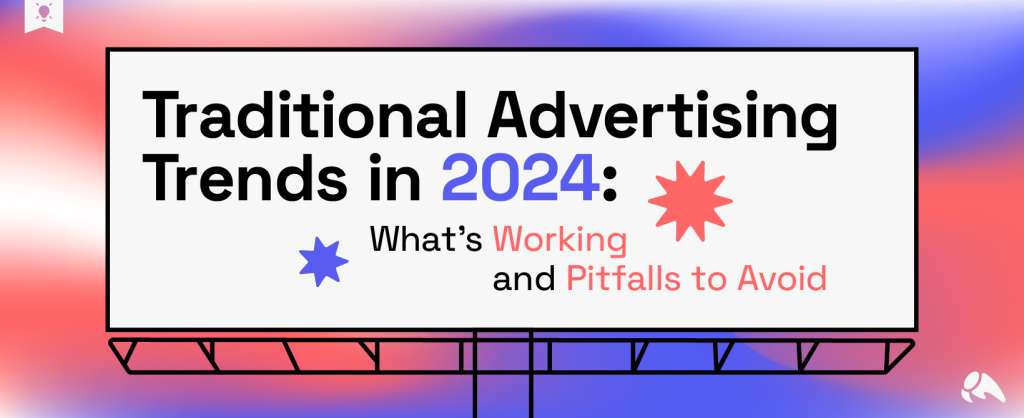The old idiom goes, “Nice guys finish last,” but in the field of public relations, that is certainly not the case. Despite many preconceived notions about PR professionals, to be successful in this industry you need to be professional, relatable and approachable. It goes beyond being nice – if you’re not likeable, you’re not going anywhere.
Public relations professionals are often associated with images of up-tight young women wearing all black and heels as they work as the gatekeepers at high-profile events. Another visual that may come to mind is a young publicist sitting at his or her desk on the phone, sternly telling someone on the other end, “It needs to be done right now.” Remember in 2010, when Kelly Cutrone of Bravo’s “Kell on Earth” helped foster that image (she still is, BTW)? Plenty of people do. That’s not how I want to be pictured.
The truth is, being the bullying publicist won’t help you make better relationships, whether with your client, journalists and bloggers, or the rest of your team. People like doing business with others they like in trust, two things that often go hand-in-hand.
How can you turn being likable into a profitable PR strategy?
Be Respectful of Client Wishes – and Realities
No matter what industry you’re working in, whether fashion, entertainment, technology or otherwise, your client has a say in all the work you do – they are paying you after all. But more importantly, these people have a product or service and company’s goals in mind. By listening to their needs and wants, you’ll be able to obtain the media placements that are best for their company because you know what is important to them, you know their target audience and you understand the story they want to tell. These conversations should happen early on in your relationship and should continue through the length of your work.
Your client likely has high expectations and big PR goals, and you may be asked to secure an interview on “Good Morning America” and the cover of “O: The Oprah Magazine” for minor news. These may be outlandish requests and it is your job to gauge whether these goals are realistic and your responsibility to advise the client appropriately when they’re not. If these opportunities are unobtainable at this time, you must provide your client with a sensible, effective plan. Explain to them realistic opportunities without insulting your client by insinuating they are unreasonable or their achievements not noteworthy. Your top priority as a PR professional is to achieve the coverage you, as the expert, know is best suited for reaching the product or service’s target audience, and ultimately, satisfy the client through this strategic coverage.
Be Likable to Journalists and Bloggers
As a publicist, we work as the liaison between the client and members of the media. Any negative attitudes, rudeness or lack of appreciation shown will end any chance of coverage, whether the story is good or not. You must be able to work well with journalists, producers, reporters, talk-show hosts and any other member of the team responsible for news and commentary publishing. This group of people plays a huge role in making your clients’ publicity dreams come true. Showing your media contacts respect by knowing their deadlines and schedules, answering their questions promptly and understanding that you cannot dictate what their final story says.
It’s likely there are reporters genuinely interested in your client and what they have to offer, but you must make sure you’re reaching out to reporters with stories that fall within their beat. If you’ve sent a pitch to a journalist who responds with a curt “No, thank you,” do your research to understand why they said no. You may try another, more relevant, angle, or you may find a more appropriate reporter at the same outlet. Resist the urge to tell the reporter “But you just wrote a story on this subject last week!” You must be sympathetic to the fact that reporters have editors managing their stories, that they get bored with repetitive storylines and that they may have a lot on their plate already.
Persistence, however, is different than being rude and, when you communicate appropriately, you’ll remain in the ‘nice’ category. Media members understand that you have a job to do as well, and don’t mind if you send them a friendly reminder about a note you sent them a week or so before.
Be A Good Team Player at the Office
It goes without saying that you should be able to work well with the people you sit next to every day – your fellow employees. Your supervisors, co-workers and interns all play a role in making your job easier and more fulfilling.
Your manager is there to help guide you through tough situations and provide strategic assistance. When your aforementioned client is asking why there hasn’t been a feature on the front page of the New York Times recently, it is important that you are able to work with your boss on how to properly respond to the client. While he or she may be “above” you on the company organizational chart, you’re on the same team – and achieving your clients’ goals is a victory you share together.
Your co-workers are a tremendous source of critical suggestions and creative ideas you may not have considered. These are the people who will pick up the slack when you take a weeklong vacation or will provide you with a new vocabulary word when you’ve used “professional” too often in a press release. Developing good relationships with other employees will not only make your day more enjoyable but will help you with the work you do today as well as the work you are doing in years down the road.
Lastly, but certainly not least, don’t abuse your interns. Whether they are college students or professionals looking to change their careers, interns should not be utilized as minions grabbing coffees. By assigning meaningful tasks, asking their opinions and sparking conversations, you can help an intern develop into a motivated PR professional, while benefitting from the fresh ideas they are likely to contribute to your team. In addition, by treating interns with respect and making them feel like part of the team, they will be less intimidated by their new workplace and more encouraged to produce quality work.
The Benefits of Not Being a Bully
The reason I wanted to work in PR was because of the relationships I build with clients, media and co-workers (though, of course, travel and events are a tremendous perk as well). Attending to my client’s needs and building connections with reporters covering various regions and industries is tremendously exciting, and it’s my favorite part of my role. But I couldn’t do those things if I was unable to be a person these people could not work well with. I could not be an effective public relations professional.
Though television and stereotypes may tell us otherwise, it’s not the aggressive, cussing PR professional who lands the big story and wins fame for his or her client. It’s the likable PR professional. The one who understands how to build relationships, to work with differing opinions and who is able to manage both internal and external expectations. Consumers want to buy from brands they like and trust which, coincidentally, are exactly the type of brands reporters and media members want to cover.







